Don’t have time for the full article, here’s a quick summary.
- A digital marketing strategy is critical to your online success and your ability to achieve your goals and objectives.
- The internet has changed, now more than ever it is intimately interconnected and ignoring the connectedness will negatively impact your success
- Don’t overcomplicate your strategy, make it clear, concise and above all, something you use regularly and refer to often.
Read on for the full story…
The internet is a large and confusing space, it is intimately connected, yet it is so often approached through a disconnected lack of planning, which mostly delivers lacklustre results. Companies with a clear marketing strategy, that regularly measure their efforts, see 60% faster growth than those without a marketing strategy.
A dedicated digital marketing strategy drives revenue with detailed marketing solutions that are tightly interlinked to your business goals. A strategy dives deeper into your audience, discovers your customers, defines your business and your industry to help understand your full market space and how you can better succeed within it.
It is a fundamental tool for your business. Developing a digital marketing strategy will help you identify what makes your business unique and how to get your message out to your audiences through a variety of digital channels. An in-depth and detailed approach to laying out your digital marketing strategy can reveal new opportunities and expand your reach.
The means to a great digital marketing strategy starts with a discover session. During this workshop, you will want to cover the following topics with your team and marketing partners, ensuring to involve your company’s key players.
- Identify your company’s revenue goals for the year.
- Identify the percentage of revenue that will come from existing customers versus new customers.
- Identify the percentage of leads marketing will source.
- Calculate your average deal size and win/loss rate.
- Determine how many leads you will need to reach your goals.
- What has worked/hasn’t worked in the past?
- What have been your biggest holdbacks last year?
- What were the key accomplishments last year?
- What are the goals for the next year? Next 5 years?
- Who are your key competitors and how do you stack up?
- Review target marketing and personas
- What are your target audience challenges and pain points?
- Review your sales approach and how marketing can better integrate with sales efforts
- Review the vision for what looks different moving forward
- Review any untapped opportunities and new marketing objectives
- Discuss marketing budget
From there, you want to develop your marketing calendar, the means to your success, a guide that outlines all the moving parts and helps you maintain your timelines and objectives. During this process you will want to create a clear, action-oriented task list that addresses three key questions:
- Who: Assign both roles for creators and reviewers in your plan
- What: Include the gist of the promotion, such as a working title, campaign elements, target audiences, etc. (This will just be high level and we will flesh out details during planning stages of these campaigns)
- When: Make sure to include key dates, such as email send dates, campaign launches, planning meetings, and more.
Don’t over complicate it, don’t underestimate it and be sure to make it a living document, not just something to get finished and pop in a drawer – Use it, analyse it, review it and win!
If you need a hand getting your strategy organised, connect with us, we’d love to help.
